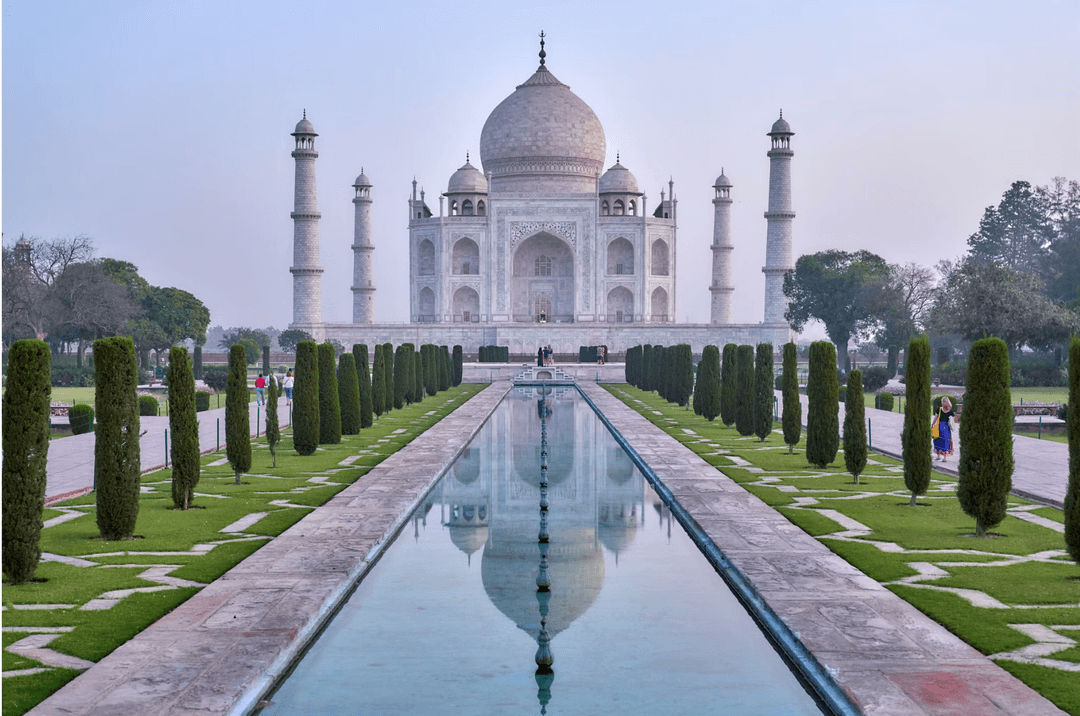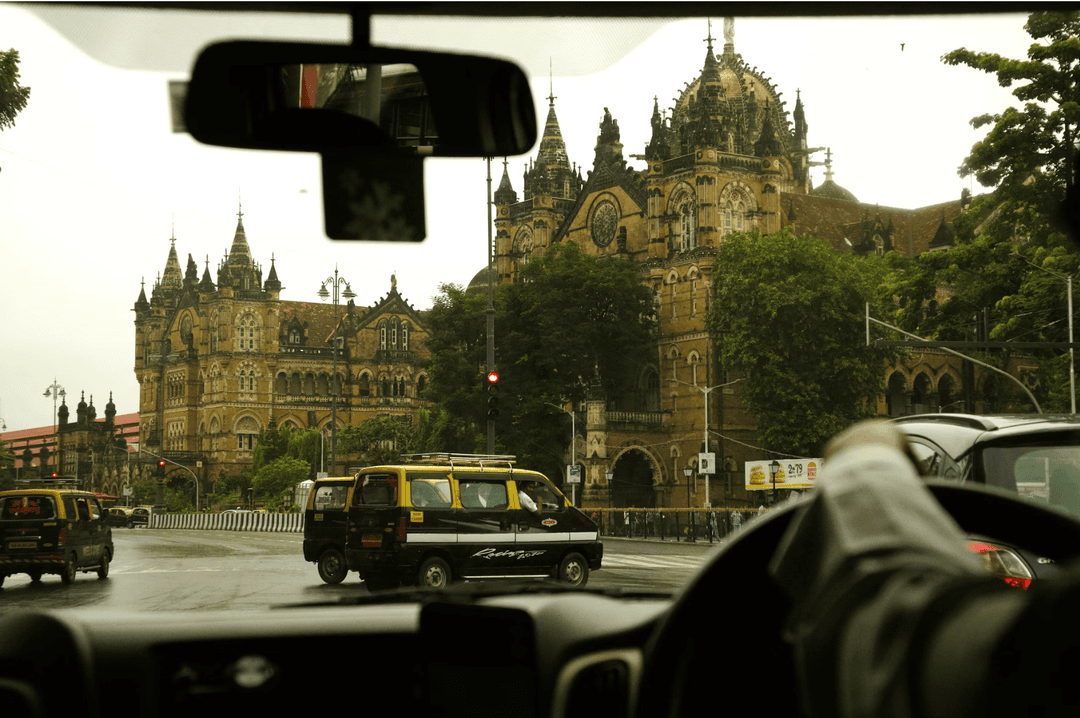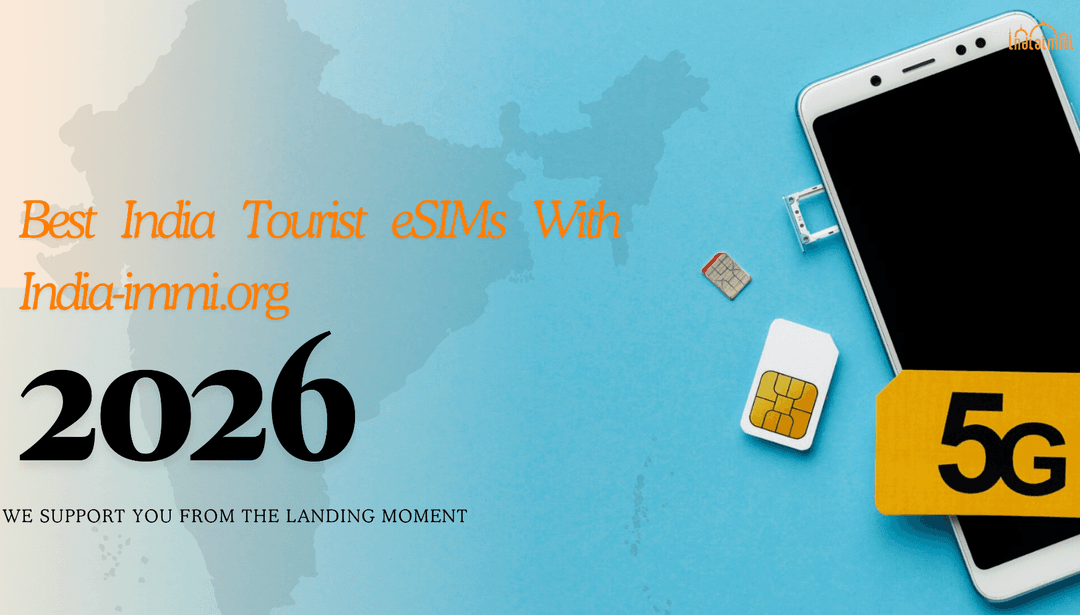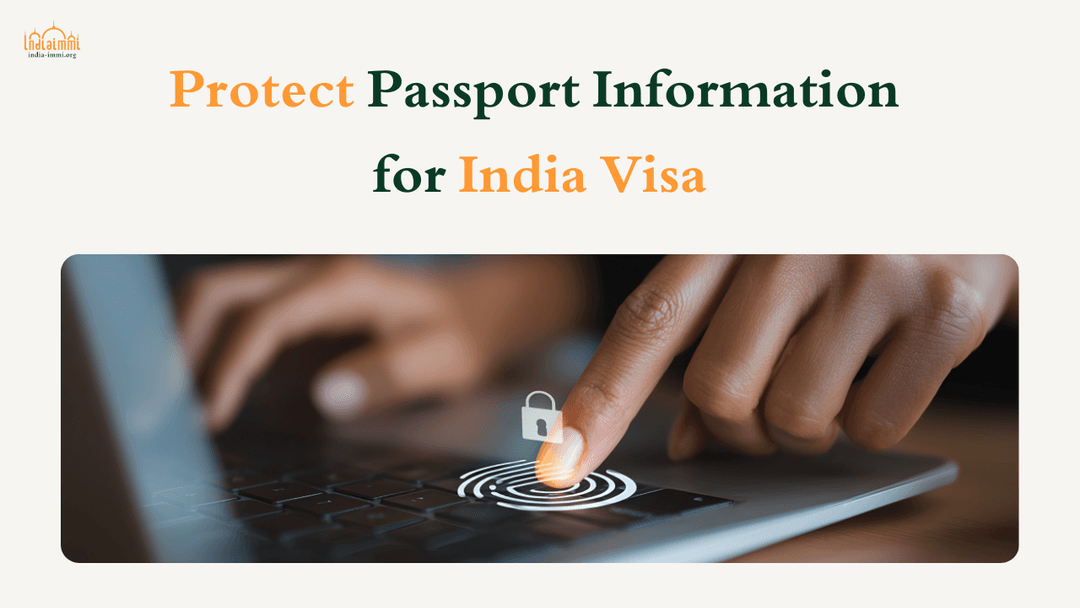In recent years, India has emerged as one of the world’s leading medical destinations, especially in the field of advanced treatments at reasonable costs. The country not only offers internationally accredited modern hospitals and highly skilled doctors but also provides access to advanced treatment methods ranging from organ transplants, cardiac surgeries to traditional medicine such as Ayurveda and Yoga. To facilitate international patients, the Government of India has introduced a special Medical Visa for those who wish to come to India for treatment.
The article below provides a detailed analysis of the eligibility, application procedures, duration of stay, extensions, and key notes regarding the Indian Medical Visa, helping patients prepare documents correctly and smoothly for their treatment journey.
Eligibility for Indian Medical Visa
The Medical Visa is granted only to foreigners whose sole purpose is to undergo medical treatment at recognized hospitals or specialized treatment centers in India. This requirement ensures that the visa is issued strictly for medical purposes and provides the best support for patients.
Eligible applicants include patients requiring specialized medical care not available in their home country, or those seeking traditional medicine treatment (Ayurveda, Yoga, Unani, Homeopathy) in India. On the other hand, the Medical Visa is not applicable for surrogacy or any illegal medical services in India.
Suitable conditions include serious or complex illnesses such as neurosurgery, cardiac surgery, valve replacement, organ or bone marrow transplants, cancer treatment, joint replacement, severe ophthalmology, or complex orthopedic procedures. Minor conditions or short-term treatments (like general health check-ups, simple dental procedures) may only require a tourist visa or a 60-day e-Medical Visa.
Requirement for treatment facility: The patient must have an invitation letter from a recognized hospital or medical center in India. The letter should specify the diagnosis, proposed treatment plan, patient details, and accompanying attendants (if any). Medical history and doctor’s recommendation from the home country are also usually required.
Financial proof is crucial: Patients must demonstrate sufficient funds to cover hospital fees and living expenses in India through bank statements or financial guarantee letters.
In summary, to qualify for a Medical Visa, patients must meet five conditions: a serious illness requiring specialized treatment, an invitation from a recognized hospital, proven medical necessity, sufficient financial resources, and treatment as the sole purpose of travel.
When should you apply for a Medical Visa instead of another visa
Not all treatment trips require a Medical Visa. For short visits (less than 2 months) involving simple procedures or health check-ups, patients may apply for a 60-day e-Medical Visa or even use a regular tourist visa. Tourist visas allow short-term treatment in addition to sightseeing, but the stay is limited (usually up to 90 days per entry).
However, for major illnesses, long-term treatment, or potential complications, a Medical Visa is strongly recommended. This visa allows multiple entries and provides flexible extensions, ensuring peace of mind during treatment.
Using the wrong visa (e.g., staying long-term for treatment under a tourist visa) may cause complications, including denial of entry. Always choose the visa type that reflects the true purpose of travel.
Recognized Indian Hospitals
The Government of India does not publish a fixed list, but hospitals accredited by NABH (National Accreditation Board for Hospitals) or international bodies like JCI (Joint Commission International) are eligible to treat international patients.
Some notable hospitals include:
-
Medanta - The Medicity (Gurgaon): Specializes in cardiac surgery, organ transplant, neurology.
-
Apollo Hospitals (multiple cities): India’s largest hospital chain, strong in oncology, cardiology, neurology, and bone marrow transplant.
-
Fortis Healthcare (multiple cities): Renowned for cardiac surgery, orthopedics, pediatrics.
-
Max Super Speciality Hospital (Delhi): Focuses on oncology, cardiology, IVF, spinal surgeries.
-
Narayana Health (Bangalore & other cities): Strong in affordable cardiac surgeries.
-
AIIMS (New Delhi): Top government hospital, high quality but complex procedures and long waiting times.
Other renowned centers include Tata Memorial (oncology), Sankara Nethralaya (ophthalmology), Institute of Liver and Biliary Sciences (hepatology).
Duration of Stay and Extensions
A Medical Visa is usually granted for 6 months to 1 year with multiple entries. The validity starts from the issue date, not the entry date, so patients should plan their travel soon after obtaining the visa.
If treatment takes longer, patients can apply for an extension at FRRO/FRO by submitting an application, passport, medical documents, and a hospital confirmation letter. Extensions are usually granted up to 1 year, not exceeding 2 consecutive years unless specially approved by the Ministry of Home Affairs.
Note: For visas longer than 180 days, registration at FRRO/FRO within 14 days of arrival is mandatory.
The 60-day e-Medical Visa cannot be extended. If treatment lasts longer than expected, the patient must exit and reapply.
Attendants and Other Notes
Each patient may bring up to two attendants (spouse, children, siblings) under a Medical Attendant Visa (Med-X). Their visa validity is tied to the patient’s Medical Visa, and their names must appear in the hospital’s invitation letter.
If a translator is needed, they must also apply under Medical Attendant Visa. While some hospitals provide language support, Vietnamese patients often still require family attendants.
Holders of Medical and Attendant Visas are strictly limited to medical-related activities. They cannot work, pursue long-term studies, or engage in prohibited activities.
Conclusion
The Indian Medical Visa is a vital tool, helping international patients access advanced, safe, and legal healthcare in India. To ensure a smooth treatment journey, patients should carefully prepare: choose a reputable hospital, secure an official invitation letter, provide financial proof, file documents correctly, and comply with residence rules.
At India-immi.org, we do not directly process Indian Medical Visas. Our services only support tourist and business e-visas. However, we provide accurate, updated information on Medical Visas so that patients can prepare their applications efficiently at the Indian Embassy/Consulate.
👉 If you need a tourist or business visa to India, register now at India-immi.org for quick, professional assistance.












